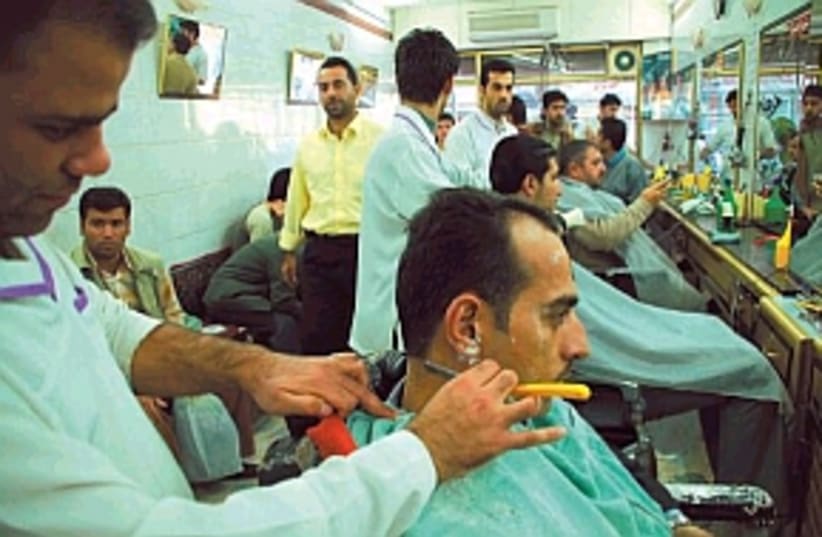| More about: | Saddam Hussein, Council of Representatives of Iraq, Russia, Kurdistan |
For Iraq's Kurds, economy rivals security
For many, the December 15 elections mean little more than securing Kurdish power in the Iraqi parliament.


| More about: | Saddam Hussein, Council of Representatives of Iraq, Russia, Kurdistan |